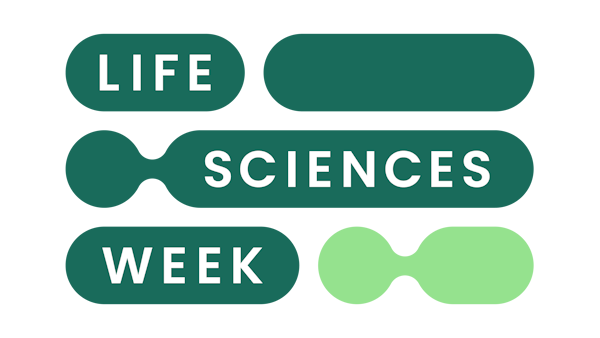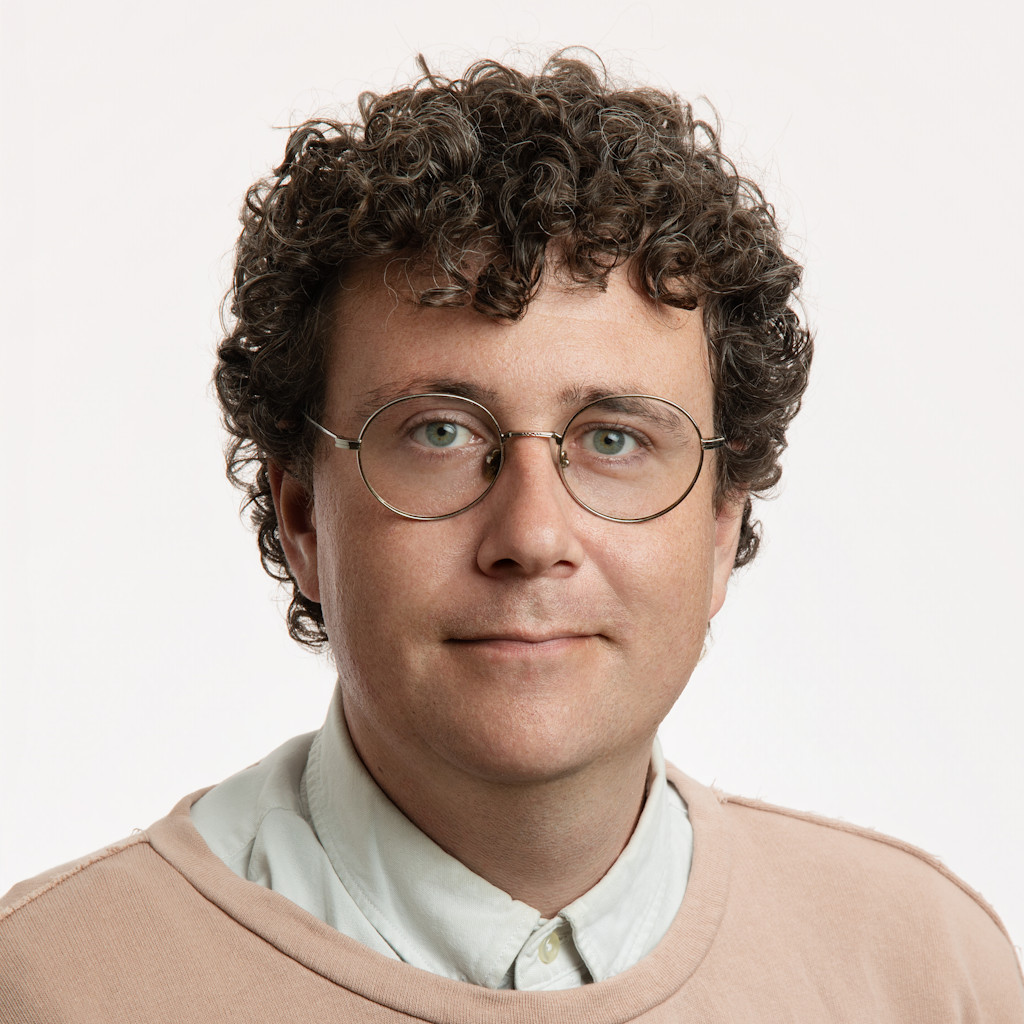
IDEA's new leader targets barriers that can limit housing
The new executive director for the Infill Development in Edmonton Association (IDEA) says he already sees a city policy that could be changed to get more housing built — and it's a waste bylaw.
"The new waste bylaw is making it really complicated for infill developers because it's requiring pretty considerable portions of the lot to be used reserved for bins," Sean Sedgwick, who took over at IDEA in August, told Taproot. "In the past, eight-unit row houses, for example, used to be able to share (waste) carts. That's not going to be allowed anymore. It's going to mean that developers who might have had a garage, or might have had parking, or might have had another bedroom — basically a part of the lot that was leasable area — are now going to have to reserve that for waste."
Sedgwick said the waste services bylaw, enacted in 2023, creates barriers for new multifamily buildings. He said it has forced developers to redesign projects that the city would have approved in the past, and that some developments have lost their financial viability.
Sedgwick is the sole employee at IDEA, a developer-supported organization founded in 2017 that advocates for high-quality infill development. He replaces Mariah Samji, who left the post for an opportunity to move to London, U.K. IDEA was founded by Tegan Martin-Drysdale, who recently launched the Homestead Investment Cooperative and discussed Edmonton's need to promote itself. Today, IDEA has 190 members and 40 volunteers, and has hosted more than 20 in-person events.
Sedgwick said IDEA's advocacy to the city has paid off in the past. The organization successfully lobbied for lot splitting and removing parking minimums, among other things.
"Now when you're building a new building in Edmonton, you don't have to have a (minimum) number of parking spots, which amazingly is something that is the case in most cities — even if whoever doesn't want to build parking, they have to as part of the zoning bylaw," he said.
Sedgwick said he plans to draw on his experience in urban development and psychology at IDEA. He received his master's degree in science (urban and regional planning) from the University of Alberta in 2023, after receiving a bachelor's degree in psychology. He said the two disciplines are not as disparate as they may seem when thinking of housing.
"I think that my psychology background has made me way better at understanding people's behaviour when it comes to planning," he said. For example, he said that he has an idea why people who live in mature neighbourhoods don't always welcome infill development. "The idea of loss aversion (illustrates) how people don't behave rationally in the way that, in an economic model, you might expect. One of the biggest things with loss aversion is that they've found pretty reliably that people are more afraid of losing something they have and understand than they are (open to considering) what they might gain."







